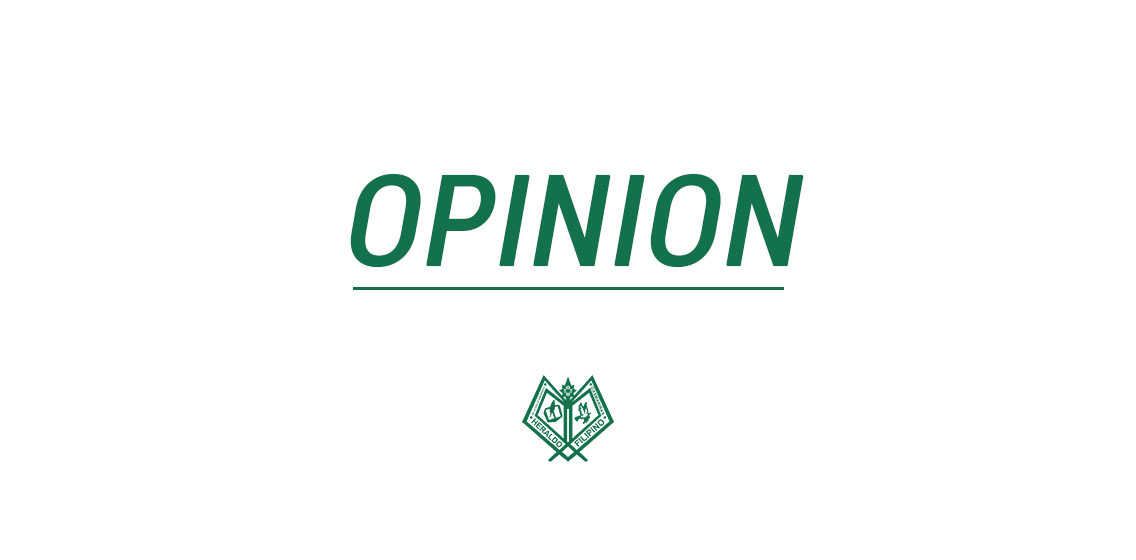Post-truth cancer
Now, my thesis might define “post-truth” along the lines of an adjective that appeals to emotion over objective facts in shaping public opinion, but without the confines of the political correctness of the academe, let me explain post-truth in all its unfiltered glory.
“Post-truth” is, quite frankly, a load of bull propagated by con artists (aka politicians, trolls, and the like) to manipulate emotion and intuition as the basis for action and judgment, setting aside critical thinking and analysis for a gullible existence under tyranny.
That’s a lot to intake, so let’s start at the beginning. For those who are encountering this word for the first time, post-truth (dubbed as the word of the year by Oxford Dictionary in 2016) refers to instances like fake news and alternative facts, while post-truth politics refers to the culture borne from this onslaught of propaganda-fueled “facts.” To simplify, just imagine all the paid trolls, fake news sites, clickbait titles, and inaccurate data stated by the likes of Trump. Essentially, post-truth politics is George Orwell’s nightmarish Nineteen Eighty-Four made into reality in 2017.
And we only have ourselves to blame for letting the world get to this state. Reaching a point of counter-evolution, we live in a time when we have the most access to facts, yet facts are starting to matter less and less—and we’re letting it.
My theory is that with all this information to choose from, we want something or someone to choose for us. Enter post-truths that deliver reality filtered, twisted, and tampered to fit the design we want to match our counterintuitive narratives.
But people didn’t count on the Internet’s once diverse and connected platform to lead us to division, not convergence, by creating a world of polarizing views thanks to bands of intolerant trolls. Honestly, a vast number of people are educated enough to know true from false, yet they not enough seem to care—because deep down, we all fall back on human nature’s confirmation bias that tells us to seek things that agree with what we want rather than what we need.
In this instance, I refer to fake news, and its ridiculous readership that can only be explained by psychology’s cognitive ease—the process of how hard our mind is working when we make sense of the world as easy, comfortable, and validating all of our pre-existing beliefs.
With cognitive ease, the more things are repeated and replicated—like fake news on our timelines—the more familiar and good they begin to seem, allowing us to tap into our creativity and intuitiveness, and also, our gullibility. Just think of Vladimir Lenin’s quote, “A lie told often enough becomes the truth.”
Yet when we decide not to agree with a certain story or belief—daring to defy ridiculous political statements—we experience cognitive strain that forces our minds to work harder. Despite the side effect of cynical skepticism, the value of cognitive strain is that it forces us to think more critically to avoid gullibility. It is, essentially, a form of higher thinking that we must willingly engage in rather than devolve our intelligence by settling for lies that agree with us rather than the truth that might not.
However, there lies the crux of the problem. People don’t want to experience cognitive strain or cognitive anything—not when the new world promises so much convenience. And so we sit back and let things like post-truths get a hold of the world even though we know we have the capability to do much more. In this day and age with our unlimited resources, there is no excuse for ignorance. We all are or have the potential to be media literate enough to take on the so-called facts of post-truth politics—it’s just a matter of how willing we are to let ourselves do so.
The truth itself is not something that should have a prefix, whether that’s post-truth or alt-truth or whatever else there it could be. And as a journalist, the very idea of post-truth to me is like a cancer to the bone. One that’ll eat up society from the inside out, turning lies to truth and truth to lies, until we’re numb to reality—or until we find a way to stop it from spreading.
But the first step to fixing a problem is acknowledging you have one in the first place. And we were the ones who made it to begin with.




